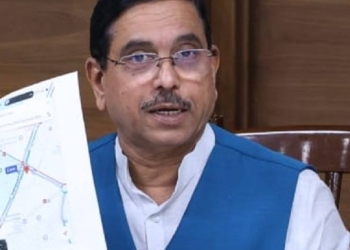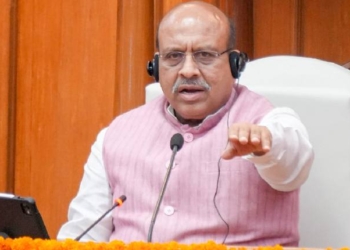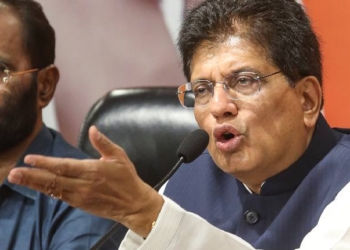New Delhi: Asserting that the government is making holistic efforts for wildlife protection, Civil Aviation Minister Jyotiraditya Scindia on Thursday announced that nearly 14 to 16 cheetahs are likely to be translocated to India in the coming months.
Currently, the government is working on the second phase of Project Cheetah and has signed a pact with South Africa, from where the cheetahs will be translocated.
The Minister said that preserving wildlife and ensuring that it thrives is a very important part of our tradition as well as our treasure for us to maintain, develop and grow in a fiduciary role for the generations to come.
Citing the government’s initiatives for wildlife conservation over the last nearly nine years, he said 14-16 more cheetahs are expected to be translocated to India in the coming months.
Under Project Cheetah, eight cheetahs were airlifted from Namibia and translocated to India. In September last year, Prime Minister Narendra Modi released the first batch of cheetahs into the Kuno Palpur National Park (KNP) in Madhya Pradesh.
According to Scindia, the government’s strategy for wildlife conservation is focused on four key pillars — population, policy, people, and infrastructure. He said a 360 degrees approach has been adopted and emphasised the importance of animal passage plans along with development.
In response to a query, the Minister said that the Prime Minister wearing a jacket made of recycled plastic is also a message to the world.
About his passion towards wildlife, the Minister said: “My father was very closely involved in wildlife conservation and I have been a wildlife enthusiast from a very young age. For me, it is an area of personal interest and passion.”
He also said that all measures have been taken to address the issue of bird hits at airport areas. There have been incidents of aircraft suffering bird hits mid-air as well as at the time of landing or take-off.
“We have put in place all measures at airports, which includes the bird dispeller, sound guns and other methodologies that will keep birds away from airport areas.”
(IANS)
















